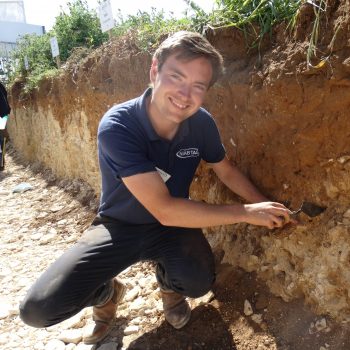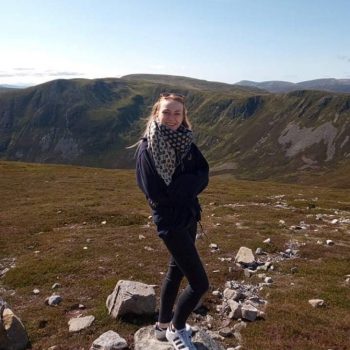The atmospheric concentration of methane (CH₄) has increased ~160% since the industrial revolution and has a global warming potential 28 times greater than carbon dioxide (CO₂) over a 100-year period, making it a potent and globally important greenhouse gas. Anthropogenic increases in CH₄ are attributed mainly to agriculture, emissions from landfill and fossil fuel burning and exploration. In natural ecosystems, CH₄ emissions are the product of anaerobic respiration by methanogenic archaea, with CH₄ consumption occurring through activity by methanotrophic bacteria, which gain energy by oxidizing CH₄. Recent discoveries have identified tree surfaces such as bark and foliage as significant sites of CH₄ uptake in forests, mediated by methanotroph communities, with uptake rates having been found to increase at greater heights along tree stems. The mechanisms behind this are not well understood, necessitating investigation of the abundance and diversity of methanotroph and methanogen communities along tree profiles, from roots to the canopy, along with methane fluxes from tree surfaces. This project will place a particular focus on foliage, as there are significant knowledge gaps in relation to foliar methane fluxes and associated microbial communities. Research at BIFoR-FACE, a free-air CO₂ enrichment facility, will examine the effects of elevated atmospheric CO₂ on these communities, accompanied by research at Norbury Park, just outside the facility, where the effects of species and age of tree can be investigated. In addition, work from this project will tie in with ongoing research at the University of Birmingham around microbiome engineering of methanotroph communities on trees.






